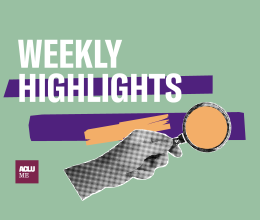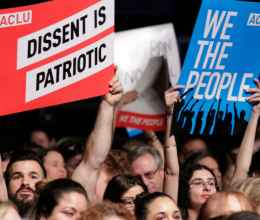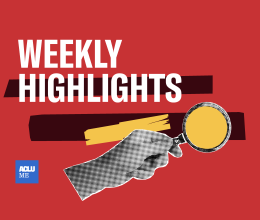
Know your rights when teaching and working at a school.
Public school teachers and staff in Maine have free speech rights inside and outside of the classroom. In general, the First Amendment protects your speech if you are speaking as a private citizen on a matter of public concern as long as the speech doesn’t substantially impair school functioning. Learn more about your rights at public and charter schools in Maine.




